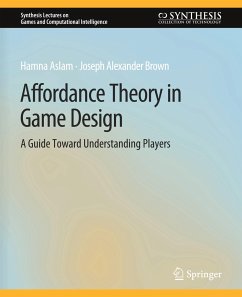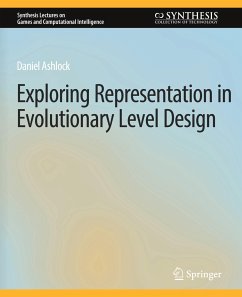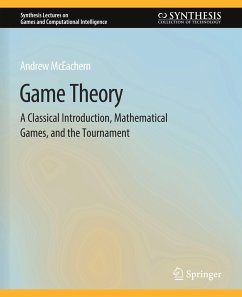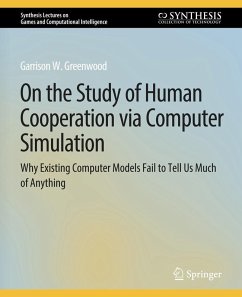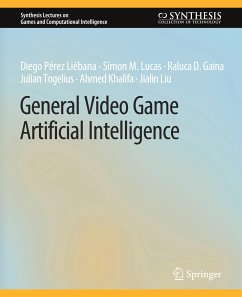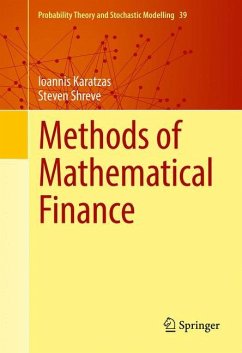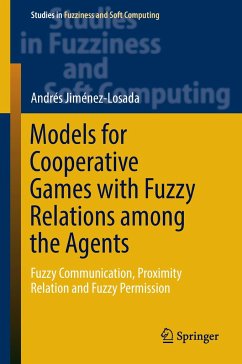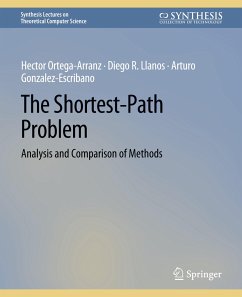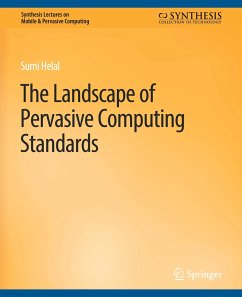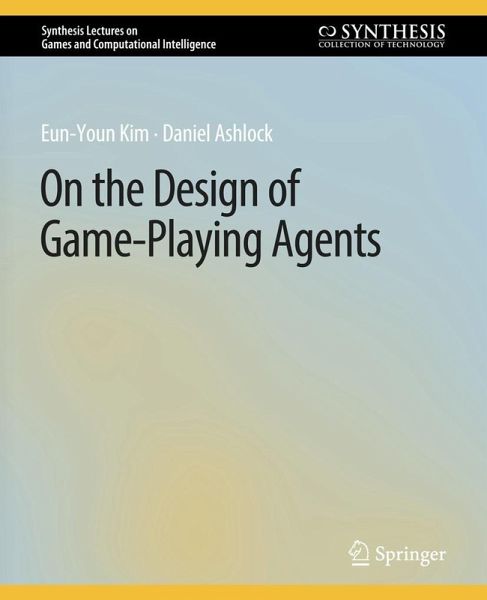
On the Design of Game-Playing Agents

PAYBACK Punkte
0 °P sammeln!
Evolving agents to play games is a promising technology. It can provide entertaining opponents for games like Chess or Checkers, matched to a human opponent as an alternative to the perfect and unbeatable opponents embodied by current artifical intelligences. Evolved agents also permit us to explore the strategy space of mathematical games like Prisoner's Dilemma and Rock-Paper-Scissors. This book summarizes, explores, and extends recent work showing that there are many unsuspected factors that must be controlled in order to create a plausible or useful set of agents for modeling cooperation a...
Evolving agents to play games is a promising technology. It can provide entertaining opponents for games like Chess or Checkers, matched to a human opponent as an alternative to the perfect and unbeatable opponents embodied by current artifical intelligences. Evolved agents also permit us to explore the strategy space of mathematical games like Prisoner's Dilemma and Rock-Paper-Scissors. This book summarizes, explores, and extends recent work showing that there are many unsuspected factors that must be controlled in order to create a plausible or useful set of agents for modeling cooperation and conflict, deal making, or other social behaviors. The book also provides a proposal for an agent training protocol that is intended as a step toward being able to train humaniform agents-in other words, agents that plausibly model human behavior.





